Conflict resolution education (CRE) is an umbrella term for a variety of pro¬grams that have emerged over the past 20 years. Gen¬erally these efforts are designed to enable students to understand the roots of conflict, appreciate the variety of ways people respond to conflict, and develop their own skills for managing conflict, inside and outside of school. Inevitably, CRE pro¬grams must address the social and emotional skills that are key to navigating difficult sit¬uations effectively.
The editors of Kids Working it Out esti¬mate that as many as 20,000 of our nation’s 85,000 public schools have CRE programs in place. In addition to outlining the origins of such programs and the changing cultural influences on children, the book provides a comprehensive look at several successful CRE programs.
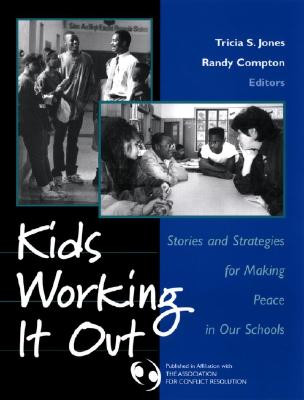
Each chapter is authored by an expert in the field, including program developers, educators, and advocates of CRE. The second part of each chapter features first-person testimonials from teachers and students who have engaged in these programs. Some of the chapters emphasize training students to serve as peer mediators, while others focus strictly on children’s need for social and emotional skills, such as effective listening and emotional control. One chapter, by Beverly Title, developer of an anti-bullying program, explains misconceptions about bullying and successful efforts to engage students in reducing bullying behavior, such as teaching children (both victims and observers) to respond effectively—through humor, assertiveness, and/or reporting to an adult—the first time bullying occurs.
The power of this book lies in its real stories from real people. Teachers describe their doubts as they attempt a new approach with their students, only to be astonished by its positive impact. Students realize there are more effective ways to protect their personal safety than by acting aggressively toward one another. Administrators successfully bring together students and families to discuss openly, and lay to rest, past conflicts. Across the board, these school community members recognized that punitive responses to negative behavior were failing and a new approach was desperately needed.
These are not stories about learning to “play nice.” They are testaments to the power of conflict-resolution education and its integral role in contemporary classrooms.

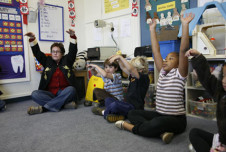
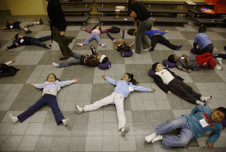
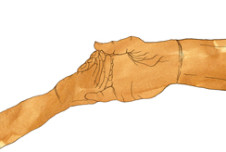
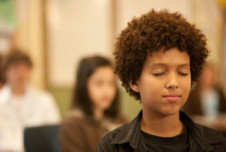
Comments